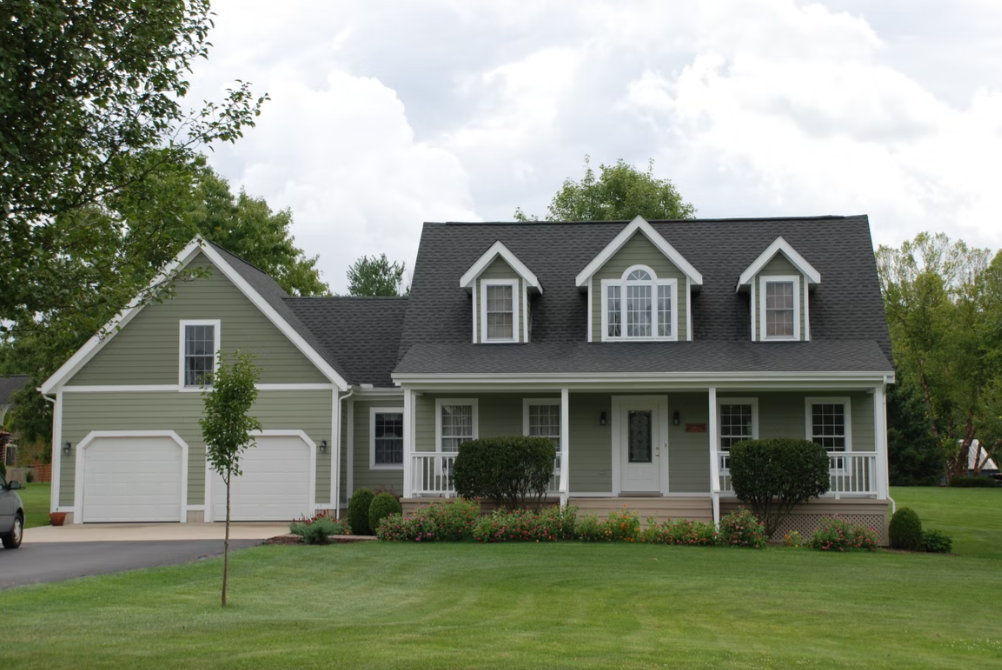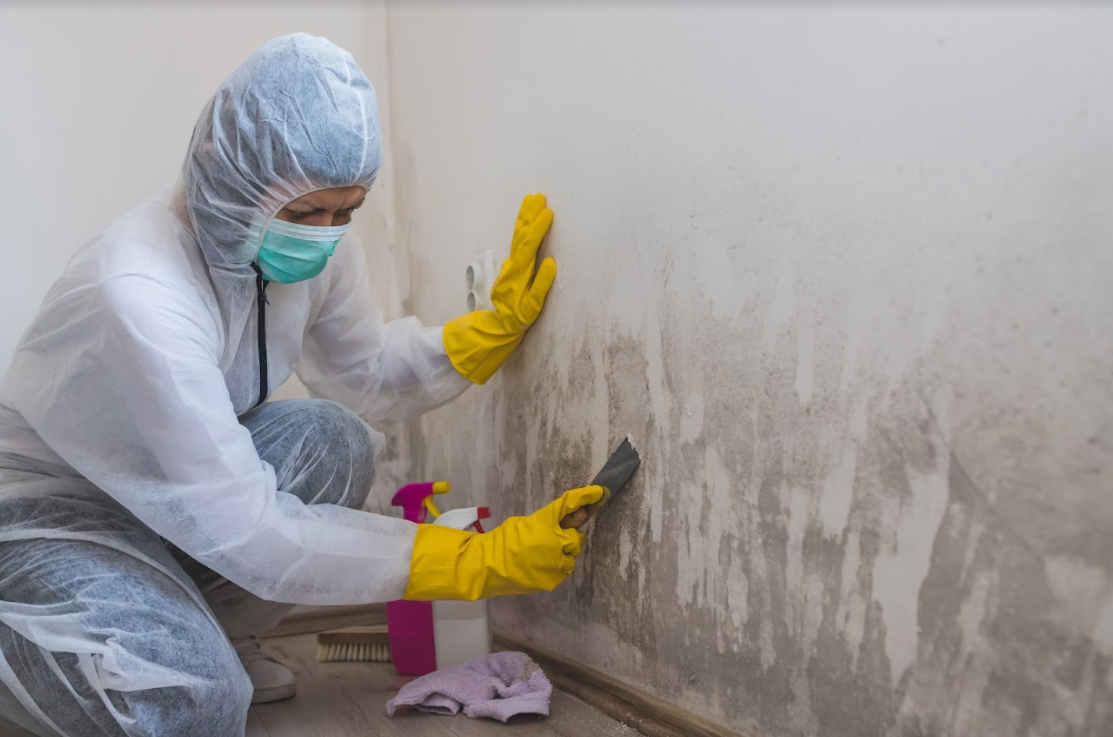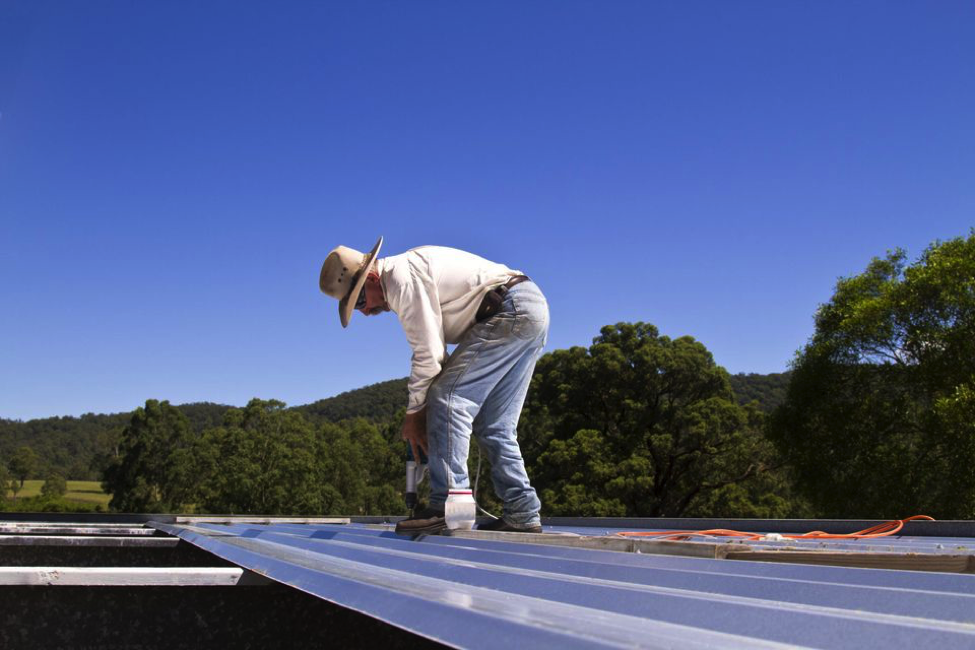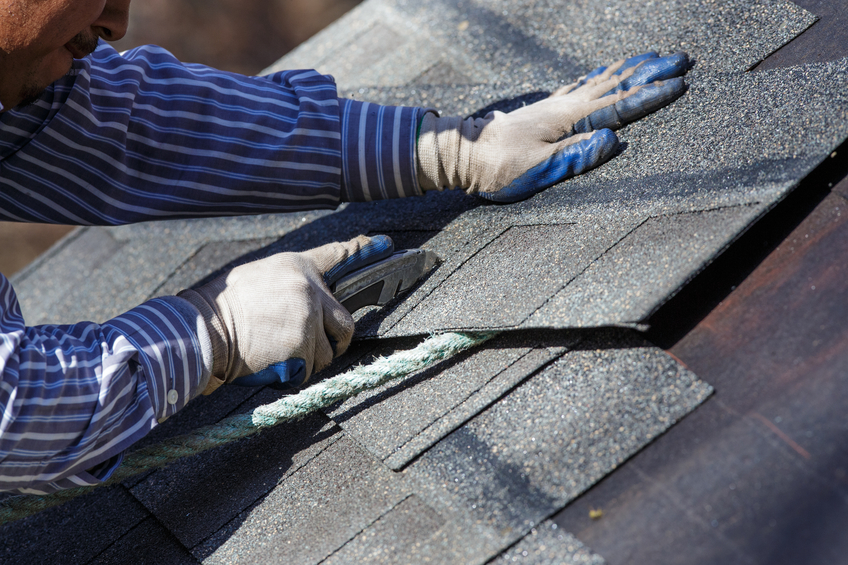Roof Warranties – What You Should Know and How They Work

Understanding your roof warranty is essential for protecting one of the most important investments in your home. Whether you are installing a new roof or replacing an old one, knowing how warranties work can save you time, money, and stress in the long run!
A roof is more than just protection for your home—it’s a long-term investment. With proper maintenance and high-quality installation, a roof can last decades. However, even the best roofs can experience issues, which is why roof warranties exist. These guarantees cover certain problems and give homeowners peace of mind. Working with experienced roofing contractors ensures that your warranty remains valid and that your roof is installed correctly.
What Is a Roof Warranty?
A roof warranty is a promise from the manufacturer or contractor that the roof will perform as expected for a specified period. There are two primary types: manufacturer warranties and workmanship warranties. Manufacturer warranties cover defects in the roofing materials, while workmanship warranties cover errors or mistakes during installation. Both are crucial for protecting your investment and ensuring that any issues are addressed promptly.
Types of Roofing Materials and Their Warranties
Different roofing materials come with different warranty lengths and coverage. For example:
- Asphalt Shingles: Typically offer a 20–30 year manufacturer warranty. They are cost-effective, versatile, and widely used. Some premium asphalt shingles come with extended warranties covering material defects for 50 years.
- Metal Roofing: Often includes a 40–70 year warranty. Metal roofs are durable, lightweight, and energy-efficient. They resist fire, rot, and insect damage, making the warranty coverage especially valuable.
- Tile Roofing (Clay or Concrete): Can come with 50-year or longer warranties. Tile is extremely durable and fire-resistant but heavy, sometimes requiring additional structural support during installation.
- Synthetic Roofing: Materials like synthetic slate or composite shingles may offer 30–50 year warranties, combining durability with aesthetic appeal.
What Warranties Typically Cover
Roof warranties generally cover defects in materials and installation. Common inclusions are leaks due to manufacturing flaws, broken or cracked shingles or tiles, and certain structural failures. Exclusions often include storm damage, improper maintenance, and damage caused by foot traffic or unapproved modifications. It’s essential to read the warranty terms carefully to understand exactly what is covered and what is not.
How Long Do Roof Warranties Last?
Warranties vary based on material and manufacturer. Asphalt shingles may come with 20–30 year coverage, while metal and tile roofs can have 50-year or “limited lifetime” warranties. Some warranties are transferable to a new homeowner if the property is sold, but others may not be. Always confirm transferability if you plan to sell your home in the future.
Tips for Maximizing Your Warranty
- Use licensed and certified roofing contractors. Proper installation is critical for warranty validity.
- Schedule regular inspections and maintenance to catch issues early.
- Keep detailed records of repairs, maintenance, and installation.
- Follow all manufacturer recommendations for cleaning, repairs, and maintenance.
Choosing a Contractor With a Reliable Warranty
Selecting a reputable roofing contractor is as important as the materials themselves. Companies that are experience and have great roofing solutions ensure quality workmanship, use high-grade materials, and provide clear, valid warranties. This combination protects your home and ensures your roof performs as expected for years to come.
Conclusion
Understanding roof warranties helps homeowners make informed decisions when installing or replacing a roof. From asphalt and metal to tile and synthetic options, every roofing material comes with unique advantages and warranty coverage. By choosing quality materials and hiring professional roofing contractors, you can enjoy long-lasting protection and peace of mind. For additional insights on roof maintenance and materials, check out articles on roofing best practices and sustainable roofing solutions.








